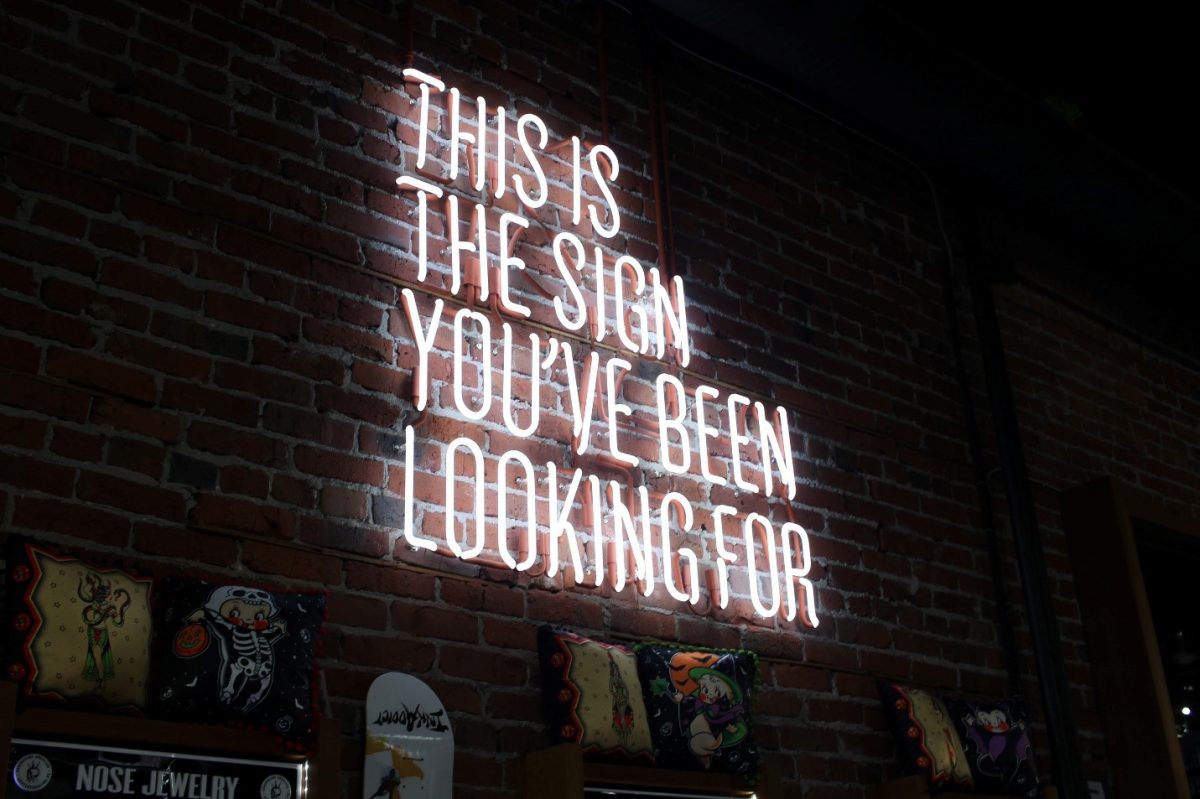Ideas for How to Help Your Community
4/8/20 / Kate Darwent

One of the things that really stuck with me from school is research on helping behavior. There’s a lot of cute research out there showing that humans, from a young age, have a strong inclination to help others. Even animals will help other animals. Rats will help other rats, even if they do not interact with them and even if they have to give up chocolate! Right now is a really strange time for many of us. If you’re like me, you are a nonessential employee who can work from home. I know the best thing I can do for others right now is to follow social distancing guidelines. But I just feel a strong desire to help, like we all do in an emergency, so I’ve been trying to find creative ways to help support my community and those who don’t have the luxury of staying at home. Here are some ideas we’ve run across.
If you have money to spare:
- Donate to your nonprofit of choice. Obviously, food banks and nonprofits that provide resources and support for low income and unemployed individuals are in high demand. But other nonprofits are definitely concerned about their future funding and could use support.
- Support local restaurants and small businesses. I’m sure you’ve seen the push to buy gift cards to support local businesses that are closed. Additionally, GoFundMe is offering funds for small businesses in the form of a match contributed to a GoFundMe for the business. A lot of people have been interested in sending restaurant orders to hospital workers. You might want to check that your local hospital would welcome that, and you might consider sending orders to other essential workers, like employees at a nursing home or physical therapy center.
If you have time or other nonmoney things to spare:
- Say thank you to the essential workers, whether they’re healthcare workers, cashiers, garbage workers, postal workers, etc. People around the world have been applauding essential workers, leaving signs for them outside their places of work, leaving notes for them at work, etc.
- Do you happen to have access to a 3D printer? There have been some amazing stories of people 3D printing masks for healthcare workers.
- Sew face masks. Or if you can’t sew, there are a lot of videos on YouTube about no sew options, and the CDC has instructions as well. Yes, they’re not as good as N95 masks. But everyday the people going out into the world and other essential workers also need masks.
- Give blood. So many blood donation events were cancelled at the beginning of the year because of COVID-19. While blood is not needed to treat COVID-19, it is needed for other medical procedures that are still happening. You can check the Red Cross’ website to find an event.
- As people in your community run out of books to read at home, it might be fun to organize a book swap. While eBooks and other online resources are handy, not everyone has access to the internet, is tech savvy, or wants to read an electronic version. Plus, if you and your neighbor read each other’s books, you can later chat about them (on the phone!) for fun.
- I’ve seen a lot of people offer to do errands for anyone in their neighborhood who needs to stay home. This is great, but one caveat is that people generally hate asking for help. So, I’d encourage you to check in on your older and immunocompromised neighbors and ask them about specific help (e.g., I’m going to the grocery store tomorrow. Is there anything I could pick up for you?).
- Decorate the outside of your home to create a moment of happiness for your neighbors. There have been many stories of people decorating their windows, putting up lights, and placing stuffed animals in their windows. It can be difficult to be isolated from our community, so these small displays remind us that we care about each other.

Finally, I’ll end with some other classic research on helping: the bystander effect. Many years ago, psychologists conducted a series of studies to find out what prevents helping. One of the most famous findings from this work is that we look to others during an emergency to judge whether we need to intervene. But since everyone is doing this at the same time, we all assume that we don’t need to step in since no one is doing anything. Another finding was that fear of looking foolish in front of others can stunt helping. I try to keep these findings in mind when I’m hedging about doing something for my community.
Have you heard of any other ideas for how to help your community right now? Please let us know!
